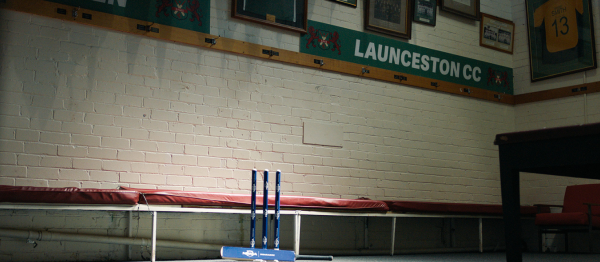13 February 2023
Can-do in the country: Helping people live a connected life
This moment of help takes place on Kabi Kabi and Jinibara Country, where the Glasshouse Mountains step down towards the Queensland coast. It’s a land of milk and honey, if you can only get to the supermarket. Distance between places is both a feature and a challenge of Australian rural life.

Mooloolah Valley community champion, Sam Tucker, recycles cans for cash to refurbish cars and help by providing mobility to people in the Sunshine Coast hinterland for whom a car is too big an investment to contemplate. His 9th giveaway, a 2007 Daewoo Lacetti, could not have been more appreciated. “It changed our whole lives,” says Colin Weston. Colin, 54, lives with epilepsy, so has never had a driver’s license. His wife DeeDee Walker is 49 and had long been the driver in the family until her own health conditions meant she could no longer drive their manual vehicle. “We were without a car for about nine months,” Colin says.

DeeDee uses a cane for walking short distances but needs a wheelchair for longer forays. Not having a vehicle meant that, for nine months, Colin had to strap on a backpack once or twice a day and walk to the shops to buy just the groceries and necessities that he could carry at any one time.

The Lacetti, which Cans for Cars received from a generous donor, has room for DeeDee’s wheelchair. It enables doctors’ visits, more time-efficient shopping and family life.
For 41-year-old Sam, the moment of gifting any of the 15 cars he’s so far given away — each of which may have taken up to four weeks to bring up to roadworthiness and registration — has always been exciting, but he says: “I find when I speak to recipients a month down the track, that’s when I get quite emotional because they’ll tell me how the car has enhanced their lives."

Cans for Cars, a not-for-profit project, is in fact a sophisticated web of empathy, kindness, community engagement and recycling, woven around a grand vision.
Sam works as a disability support worker, caring for children with autism. He himself lives with ADHD and dyslexia and has previously suffered breakdowns in his mental health. But he says that very trauma “led me to my passion”.

In 2019, he got Cans for Cars rolling by collecting cans himself on the beach every day before work. In Queensland, one empty drink can or plastic bottle attracts a 10-cent refund. Two months of morning bin foraging gleaned 600 discarded receptacles, or $60, but Sam had other strategies, too: he bought 10 recycle bins and got permission to position them at local events. The Mooloolah Rodeo, for example, yielded a bonanza of 6,000 cans and bottles, or $600, in one night.

With six donated cars currently on the two-acre property Sam shares with his wife, Jess, and a blended family of four children aged between nine and 14, there’s a lot of work to be done.
Cans for Cars has been a great way to involve the people of the Sunshine Coast in helping each other.
Sam’s driving ambition is to build Australia’s first live-in facility to help children and adults with ADHD, which he describes as a disability that people can’t see but that impacts every person who has it in a unique way.
He anticipates acquiring some eight hectares (20 acres) of land in the Sunshine Coast hinterland for the live-in facility by 2025, which will include offering young people with special needs the chance to learn to drive in a safe place, to boost their confidence.

The Power of Help is within us all. Communities are stronger together. Share your Moment of Help here or to create your Moment of Help, join the Australian Resilience Corps, as we create the country’s largest army of helpers.



